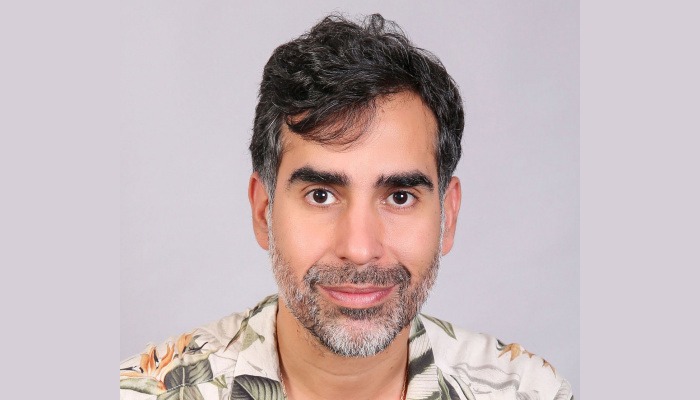
Motivation for joining MathSEE?
Video Portraits of our Members
Visit one of our research seminars for latest results and updates on applications of mathematical methods
Upcoming and Past Seminars
Get to know KCDS!
More Information"Mathematics in Sciences, Engineering, and Economics"
The KIT Center "MathSEE" (Mathematics in Sciences, Engineering, and Economics) pools the interdisciplinary mathematical research at KIT since October 2018. The Collaborative Research Center 1173 "Wave Phenomena: Analysis and Numerics" and other existing cooperations form the basis for the establishment of MathSEE. Our members from the career level doctoral researcher onwards work together in exchange formats and interdisciplinary research projects structured in Method Areas. MathSEED through its umbrella graduate school offers a comprehensive program for early career researchers and master students to foster interdisciplinary training. Our graduate school KCDS provides structured program for doctoral students in computational and data science. MathSEE offers to strengthen interdisciplinary mathematical research at KIT and its visibility.

The recipient of the KIT Excellent Scholarship, Prof. Victoria Stodden, has been awarded the Humboldt Research Award 2025 in recognition of her entire life's work, which focuses on discoveries, theories, or insights that have significantly influenced her field. She currently focuses on the socioeconomic facets of dependence on artificial intelligence and highly complex computer-based conclusions in the face of ever-increasing amounts of data.
More Information
Prof. Nadja Klein received the coveted Emerging Leader Award 2025 for her contribution to statistical sciences, which spans Bayesian deep learning, computer-assisted methods, and spatial statistics. She is only the fourth researcher outside the US to be honored with this award in the history of the prize.
More Information
Felipe Donoso, who is supported by MathSEE's PhD Bridge Program, has received a European Students Grant to attend the 16th International Particle Accelerator Conference (IPAC'25).
More Information
The junior research group “Numerical Methods for Nonlinear Optics” is led by Dr. Benjamin Dörich and funded by the Collaborative Research Center Wave Phenomena. The research focuses on the numerical treatment of electromagnetic waves described by Maxwell equations and interacting with two-dimensional materials such as graphene. The numerical treatment of the Ginzburg-Landau equations of superconductivity is being investigated. The goal is a finite element discretization that reliably resolves the vortex structures induced by external magnetic fields. Finally, the temporal, spatial, and complete discretization of various nonlinear wave (type) equations will be analyzed. The group also started in April 2025.
More Information
Dr. Martin Halla's junior research group, which began its work in February 2025, develops and analyzes numerical methods for wave propagation problems. A particular focus is on the numerical treatment of non-standardized electromagnetic partial differential equations (PDEs), such as those that arise in the development of novel qualitative inverse scattering methods. In addition, the group investigates and develops transparent boundary conditions for the simulation of PDEs in unbounded domains.
More Information
TT-Prof. Benjamin Unger and his research group are working on surrogate models for dynamic systems. Their primary research goal is to develop new methods for constructing surrogate models and equipping them with error certificates, i.e., a guarantee that the prediction error is below a certain tolerance. To achieve this, the mathematical and physical properties of the dynamic system, such as stability or passivity, are used and embedded in the surrogate model. The group focuses on surrogate modeling techniques such as model order reduction and machine learning algorithms. The group started in April 2025.
More Information
The Lattice Boltzmann Group, affiliated with the KIT MathSEE Center, successfully concluded its 8th Spring School on May 27, 2025, in Marseille, France, with a record number of 105 participants from 18 countries. Theory and practice of Lattice Boltzmann methods formed the basis of the school, which is closely related to the research focus of the EU project FALCON.
More Information
The project aims to understand, simulate, and predict extreme geohazards. The five-year collaborative project, involving ten countries and funded by the National Natural Science Foundation of China (NSFC), began in April 2025 and will run until March 2030. The project is led at KIT by Dr. Alik Ismail Zadeh.

Lattice Boltzmann Research Group at KIT in cooperation with Modeling and Simulations Lab at AGH Poland have received funding for the project "Direct contact condensation intensification by droplet formation during the disintegration of a liquid jet in a gaseous medium" from the DFG for a duration of 3 years. The funding will start in November 2025.
More Details


